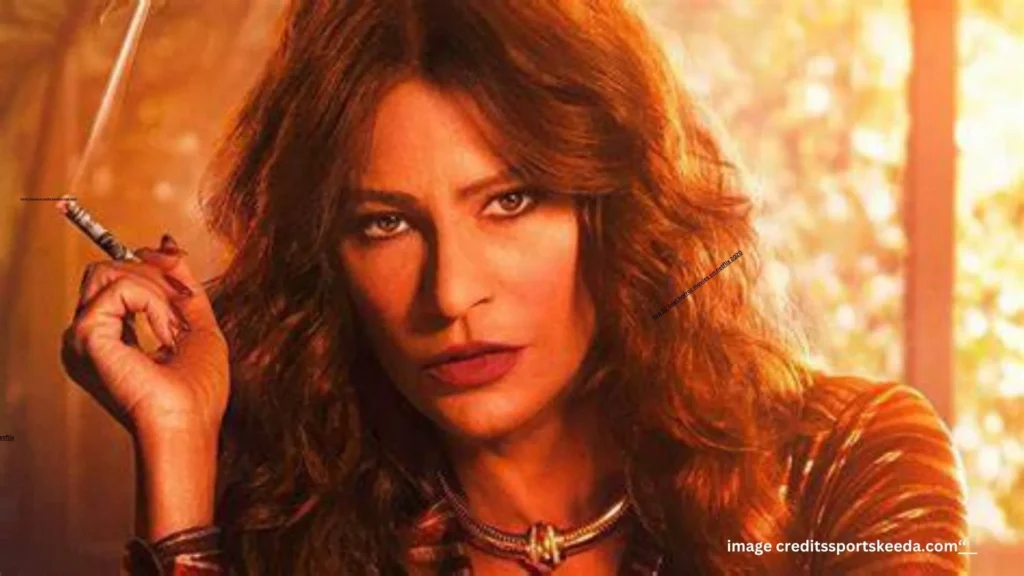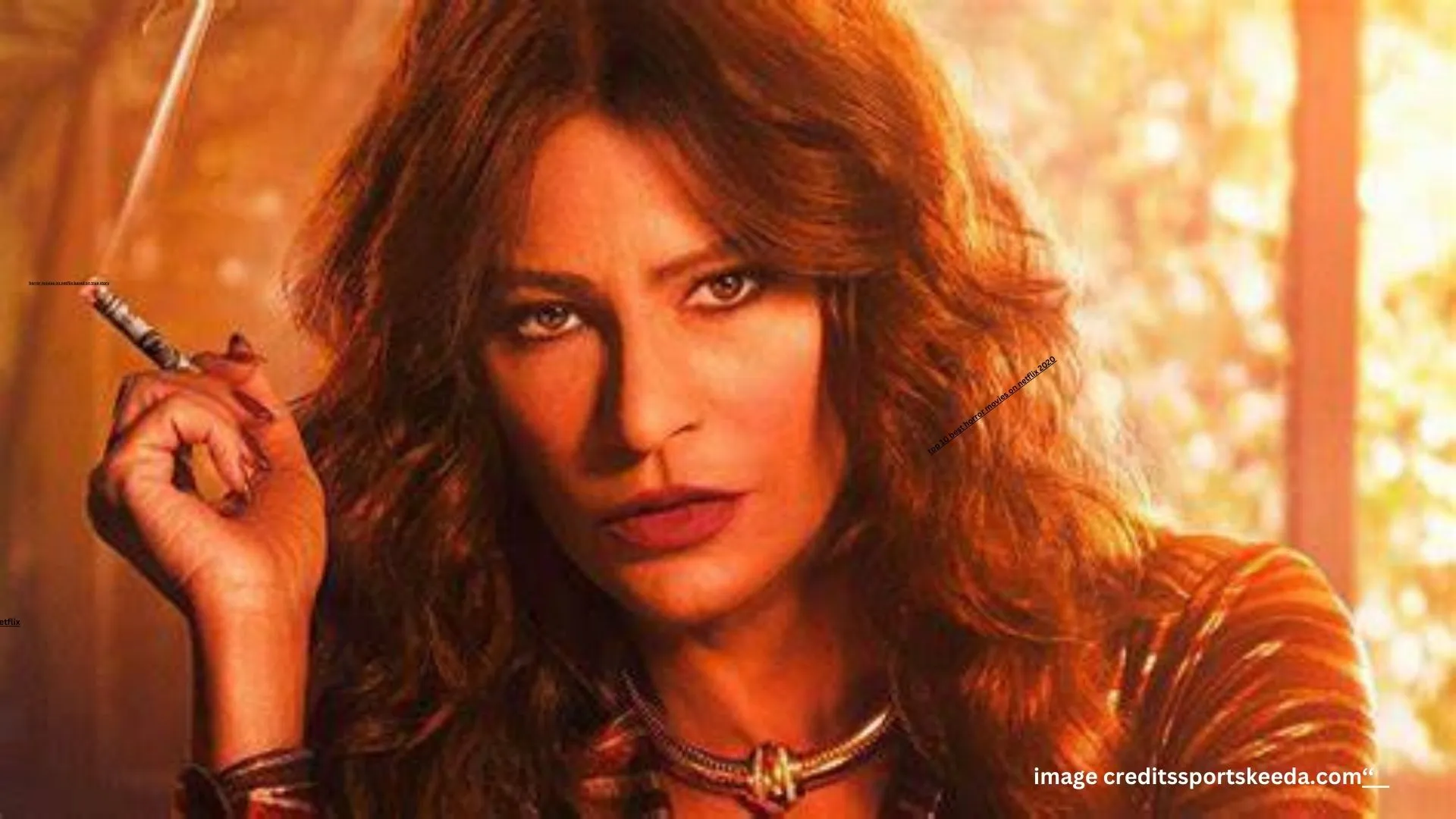Unraveling the Tale of Griselda Blanco: Netflix’s Latest Crime Drama
In a scene reminiscent of iconic imagery, a dozen young, attractive women confidently stride across the crosswalk outside Miami International Airport’s Avianca arrival gate. This display, akin to Abbey Road with a late ’70s flair, exudes overt sensuality and femininity.
However, beneath the surface, these women are former sex workers turned drug mules, each discreetly concealing baggies of cocaine carefully stitched into the lining of their bras. Their destination? A waiting Sprinter van, owned by the infamous Colombian drug lord Griselda Blanco, portrayed by Sofía Vergara in the Netflix crime drama that bears her name.

Released on Jan. 25, the show traces Griselda’s journey from Medellín to Miami, where she establishes herself as a formidable cocaine queenpin. The series, much anticipated, has been teased on TikTok, emphasizing Griselda’s “uncut ambition.”
Griselda’s Narrative: A Feminist Cloak or Pulp Fiction?
At its core, Griselda presents the story of an overlooked and underestimated woman who defies the odds to reclaim what she believes is rightfully hers. The narrative attempts to cloak Griselda in a thin shroud of feminism, portraying her as a girlboss rising above the male-dominated criminal world.
However, this feminist veneer often falls short, revealing the show’s reliance on the exotic Colombian “other” stereotype to generate intrigue. Griselda’s character becomes a canvas for a pulp fiction tale, with the show constructing a narrative scaffold that shields her from accountability, appealing to a broad audience familiar with Netflix’s array of cartel-centric content.
Griselda’s Complex Persona: Fact vs. Fiction
In reality, Griselda Blanco was a figure with a reported lack of remorse or justification for her ruthless actions. The actual details of her life remain shrouded in ambiguity, with estimates suggesting she was responsible for over 200 deaths. The posthumous refashioning of her legacy has turned her into a “popular rogue heroine” in pop culture, depicted as an anti-hero in various portrayals, including documentaries and biopics.
Griselda as the Ultimate Girlboss
As the Netflix series unfolds, Griselda emerges as a manual for having it all—a provider for her family, a loving mother, a successful businesswoman, and a formidable force in the drug trade. From her humble origins as a sex worker, she learns the art of counterfeiting money and orchestrates her ascent out of the brothel.
The show glorifies her ability to outsmart male counterparts, emphasizing her evolution from a victim of a drug world betrayal to a ruler of an entirely new economy in Miami. Yet, with her success comes an escalation of ruthless actions, blurring the line between empowerment and the darker aspects of her character.
Griselda’s Legacy and Netflix’s Cartel Canon
Ending on a poignant note, the series adds to the vast collection of narconovelas and Colombian cartel content, following the trail blazed by Narcos. However, Griselda attempts to weave a feminist narrative into the traditional cartel storytelling, a blend that may not resonate seamlessly with its audience.
Sofía Vergara, who portrays Griselda, insists on not idolizing her character. The series strives to avoid glorifying Griselda, highlighting her remarkable achievements against societal odds. However, concerns arise about the potential conflation of Vergara’s public image with the exotic Colombian trope, perpetuating stereotypes rather than portraying the real complexities of Colombian women.
In the end, Griselda adds another layer to the ongoing fascination with true crime, challenging viewers to grapple with the blurred lines between fiction and reality.
